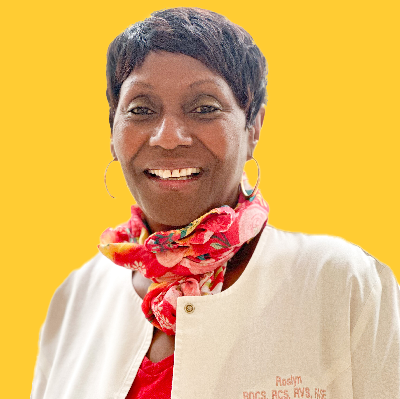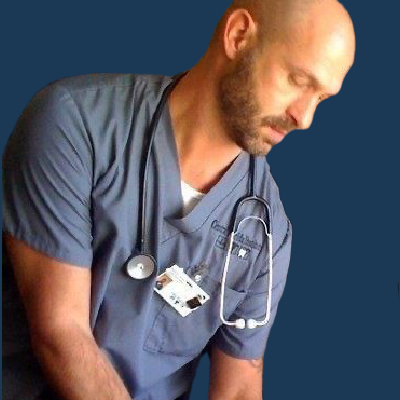
Career Snapshot
Credentials: RDCS, RCS, RVS, RCT, FASE
Experience: 40 years and counting
Driving Force: Thirst for knowledge; giving patients a clearer understanding.
Aha Moment: “I have helped foster opportunities for diversity within my industry, as well as serving as a minority role model in my community by educating on what heart disease means. That is very meaningful for me. I have a unique way to give back. And, I’m very proud of my career.”
Roslyn Brosier started her career in the 1980s. In this interview she talks about how the cardiovascular profession has changed over time, what drives her, and her plans for the future.
CCI: How has your credential impacted your career opportunities?
RB: When I started my career in the 1980s there were not many program opportunities like there are now. I was fortunate to find a cardiovascular technology program in Philadelphia. The program had a didactic approach and I was able to gain direct experience in forming patient relationships. At that time I had a Registered Cardiology Technologist (RCT) credential which was “big-time” for me, it gave me the confidence I needed to move forward. I look back on those days and say wow, there are so many program opportunities now.
For my internship, I decided to do non-invasive along with two weeks in a cath lab. This experience highlighted the growth and job potential in this field.
Years ago, the education materials were heavy on cardiac, technical, and medical education. This allowed me to learn so much about cardiology and proceed with an externship.
Ultimately, echo was my calling. Being able to look at the heart, work in a clinical setting with a focus on technical imaging, and work with physicians – I saw the growth potential.
CCI: Does your credential give you a sense of confidence and achievement?
RB: At the beginning of my career, my mentor advised me to get credentialed. ACTA was the primary organization providing credentials. When I passed my first registry examination and received my RCT credential it meant so much to me, it meant I knew what I was doing.
Over the years my thirst for knowledge grew and wanted to keep my growth opportunities open, I added the RDCS, RCS, and RVS credentials for cardiovascular professionals, these validate knowledge in imaging and electrophysiology.
CCI: Does holding a credential help convey your commitment to career development and dedication to patient care?
RB: Yes. When 4th-year medical students would rotate through the labs’ department I was allowed to teach them about echocardiography. Being part of a profession that allows you to share your experience and knowledge so they too can help improve patients’ lives keeps me committed to my role. My career journey has shown me a lot of opportunities like this.
Today I’m driven to keep learning and to stay on top of the literature. Every day there is a learning opportunity from the patient to the doctor. You can give back what you learn. And most importantly, you can give a patient a clearer understanding.
This field has done so much for me over the years — from income to growth opportunities, to personal achievement. The doors for certain leadership roles were opened to me because of my credentials. I became a technical director of a lab as a result of my credentials and experience. I was qualified to sit on various committees such as the educational committee at ASE. Such involvement further led to career achievements like my ASE fellowship.
I have helped foster opportunities for diversity within my industry, as well as serving as a minority role model in my community by educating on what heart disease means. That is very meaningful for me. I have a unique way to give back. And, I’m very proud of my career.
As Roslyn looks back on her four-decade-long career, she started with a single focus on ultrasound but was able to capture opportunities along the way and grow with them.
She continues to review the latest medical journal articles and stays on top of new science and new research. Spends time as a clinical education coordinator guiding her community on how to live better and eat better. As she has been traveling abroad, Rosyln points out a shortage of sonographers and notes that relocation may be in her future to help fill those shortages.
Share your credentialing impact story with us!

Meet Michael Reagan
Credentials: RCES, RCIS
Experience: Career switch, clinical experience and then industry experience
Driving Force: Keep moving, keep learning, leave an impact, and always asking “What difference can I make for others?”
Aha Moment: “When my uncle was my patient I realized what I do is more than a job and is incredibly meaningful to me and to others.”
